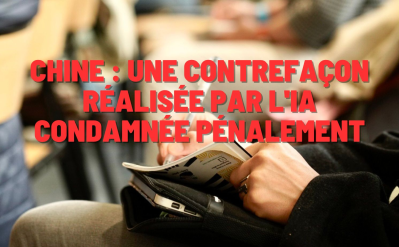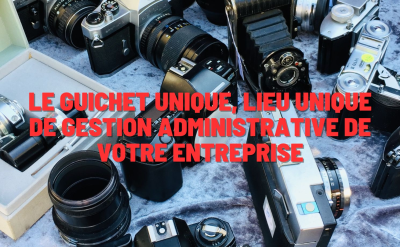News

WeTransfer CGU: a salutary mobilization... until when?
On July 15, 2025, a wave of indignation gripped millions of users after the discovery of a major modification to the general terms and conditions (GTC) of the WeTransfer file transfer service, the updated version of which is due to come into effect on August 8, 2025.
At the heart of the scandal: the new clause 6.3, which stated in black and white that users were granting WeTransfer "a worldwide, non-exclusive, transferable, sublicensable and royalty-free license to use, copy, modify, distribute and create derivative works from [their] content - including in connection with the training and development of machine learning models".
In other words, the aim was for WeTransfer to train its artificial intelligence with YOUR content. Without remuneration, without prior notification, and for an unlimited period.
Such a clause raises obvious legal, ethical and professional questions, particularly for the visual creation professions - photographers, illustrators, graphic designers - who use this platform to transmit projects, orders or archives containing confidential data, original works or sensitive information.
A lightning mobilization that brought WeTransfer to its knees... on form
Relayed massively on social networks, the information triggered an outcry.
Under pressure, WeTransfer reacted with urgency, changing the wording of the disputed clause the very next day. In its official statement, the platform asserts: "WeTransfer does not use files transferred by its users to train artificial intelligence models. AI is only used in very limited cases, such as the detection of illicit or unwanted content, in order to ensure the security and integrity of the service."
However, this backtracking was only half convincing. For while the explicit mention of artificial intelligence has disappeared from clause 6.3, the ambition remains crystal-clear. The corrected version continues to authorize the use of files for "service improvement", without further clarification, leaving the door open to automated uses, including algorithmic training in a more discreet framework.
To put it plainly: the risk remains real from August 8, 2025. The content of your files - including original works, order documents or personal data - may be exploited without supervision, without notification, and without compensation.
Confidentiality, AI, TOS: the image professions on the front line
If model training has become an essential step in digital development, should it be carried out on content created by others, without explicit consent, remuneration or transparency?
For the UPP, the answer is clear: no. That's why the Union des Photographes Professionnels salutes the collective mobilization that has led to an initial victory in this case. But it also reminds us that vigilance is still required.
Alternatives exist
Wondering whether you should continue to use WeTransfer? Here are a few alternatives that are more respectful of data confidentiality:
-
SwissTransfer: hosted in Switzerland, subject to strict data protection laws. No commercial use of files.
-
SMASH: French service with no size limit, focused on confidentiality and ease of use.
-
Proton Drive: secure, end-to-end encrypted cloud solution.
-
Local encryption: for sensitive transfers, use tools like PicoCrypt or Cryptomator to encrypt your files before sending.
This case shows the extent to which copyright, the confidentiality of works and data sovereignty are today threatened by opaque or abusive contractual practices.
The UPP remains fully mobilized to monitor the evolution of platforms' GTUs, alert public authorities, support authors and collectively defend the interests of image professionals in the face of artificial intelligence and the predatory logics of certain technology companies.







No comment
Log in to post comment. Log in.